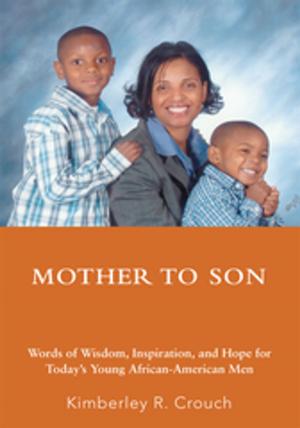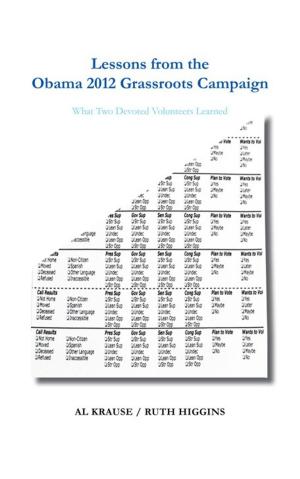| Author: | Richard S. Kordesh | ISBN: | 9781462048731 |
| Publisher: | iUniverse | Publication: | November 4, 2011 |
| Imprint: | iUniverse | Language: | English |
| Author: | Richard S. Kordesh |
| ISBN: | 9781462048731 |
| Publisher: | iUniverse |
| Publication: | November 4, 2011 |
| Imprint: | iUniverse |
| Language: | English |
To progress successfully through all of their stages of development, children need to grow up in good communities. Good communities do not occur without viable, productive families. In Restoring Power to Parents and Places, author Richard Kordesh makes a compelling call for the productive familys renewal and provides creative steps for parents, professionals, and policymakers to take to strengthen communities around all children.
Kordeshs experiences as a planner, professor, and father, have taught him that productive families are vitally important to the creation of good communities around children. He details historically, and with contemporary examples, the forces in our society that place stresses on families in all sectors. Restoring Power to Parents and Places presents a pointed critique of economic and political forces that have harmed families, but it also offers practical suggestions for action by parents, community leaders, community development and planning professionals, and governments at the local, state, and federal levels.
Restoring Power to Parents and Places celebrates the productive potentials of a familys habitat, and it provides tools for empowering familiesgiving them more time and ability to raise their children.
To progress successfully through all of their stages of development, children need to grow up in good communities. Good communities do not occur without viable, productive families. In Restoring Power to Parents and Places, author Richard Kordesh makes a compelling call for the productive familys renewal and provides creative steps for parents, professionals, and policymakers to take to strengthen communities around all children.
Kordeshs experiences as a planner, professor, and father, have taught him that productive families are vitally important to the creation of good communities around children. He details historically, and with contemporary examples, the forces in our society that place stresses on families in all sectors. Restoring Power to Parents and Places presents a pointed critique of economic and political forces that have harmed families, but it also offers practical suggestions for action by parents, community leaders, community development and planning professionals, and governments at the local, state, and federal levels.
Restoring Power to Parents and Places celebrates the productive potentials of a familys habitat, and it provides tools for empowering familiesgiving them more time and ability to raise their children.















